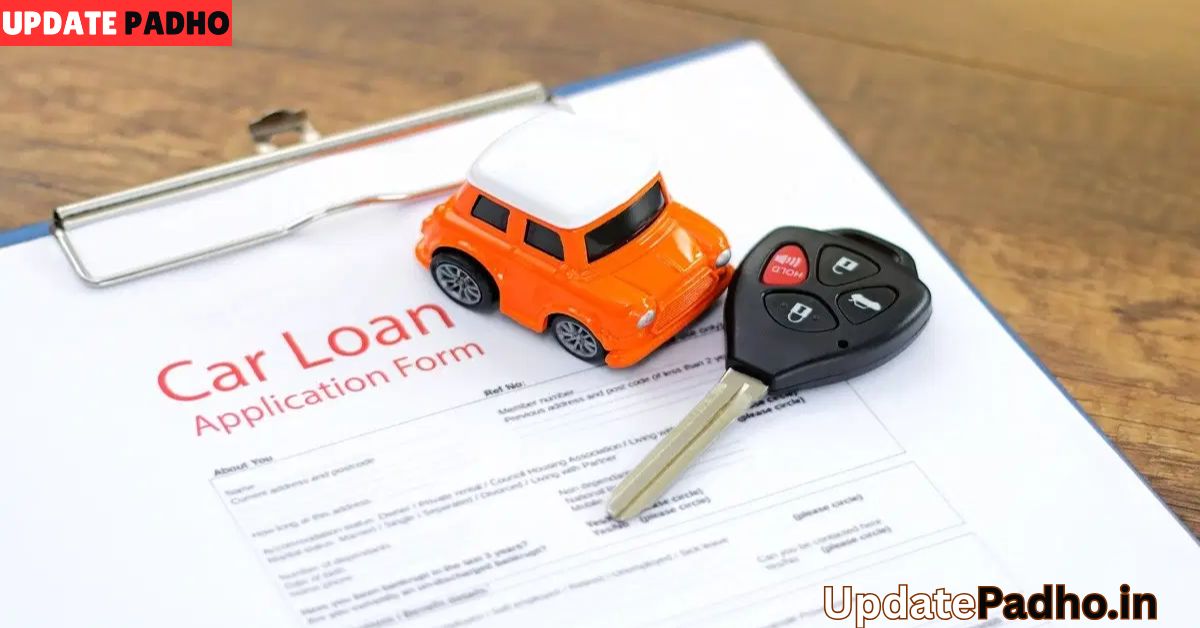Buying a car is one of the most significant financial decisions most people make. Unless you are paying with cash upfront, you’ll likely need a car loan to make your purchase happen. But with so many lenders out there—banks, credit unions, online platforms—how do you know where to go to get the best deal?
This blog breaks down the top places to get a car loan and helps you decide which one might be the right fit for your financial needs and goals.
1. Traditional Banks: Familiar but Not Always Flexible
Pros:
- Established reputation: Major banks are often trusted because of their long-standing presence in the financial world.
- One-stop-shop: If you already have a checking or savings account at a bank, applying for a car loan through them can streamline the process.
- Wide range of services: Banks often offer auto loan calculators, pre-approval tools, and auto-buying services.
Cons:
- Higher interest rates: Banks typically offer higher rates compared to credit unions, especially if your credit score isn’t top-tier.
- Less flexibility: Approval criteria are often stricter, making it harder for people with average or low credit scores to qualify.
Best for:
- Borrowers with excellent credit and a long-term relationship with a specific bank.
2. Credit Unions: Member-Owned and Money-Saving
Pros:
- Lower interest rates: Credit unions are nonprofit organizations, which means they pass profits back to members in the form of better rates.
- More lenient with credit: They’re often more willing to work with borrowers who have fair or even poor credit.
- Personalized service: Smaller and community-focused, credit unions tend to offer a more personal lending experience.
Cons:
- Membership required: You’ll need to become a member, which may involve meeting certain geographic, employer, or organizational criteria.
- Limited reach: Unlike large national banks, many credit unions are regional and might not offer extensive online tools or locations.
Best for:
- People who qualify for membership and want lower rates with personalized service—even if their credit isn’t perfect.
3. Online Lenders and Fintech Platforms: Convenience Meets Competition
Pros:
- Quick application process: Online lenders often offer instant pre-approval, soft credit checks, and same-day funding.
- Competitive rates: With many players in the online space, lenders are forced to offer attractive rates and terms to stay competitive.
- Accessibility: Many platforms cater to a wider range of credit profiles.
Cons:
- Lack of personal interaction: Everything is digital, which may not be ideal if you prefer speaking with someone face-to-face.
- Potential for scams: Not all online lenders are reputable. It’s important to research and read reviews before applying.
- Variable fees: Some online lenders might charge origination fees, which can add to the overall cost of the loan.
Best for:
- Tech-savvy borrowers who value speed, convenience, and shopping for the best deal without walking into a branch.
4. Dealership Financing: Easy but Sometimes Expensive
Though not a lender per se, car dealerships often partner with lenders to offer financing directly to buyers.
Pros:
- Convenience: One-stop-shop—buy and finance in the same place.
- Promotional offers: Some dealers offer 0% APR for qualified buyers, or cash rebates if you finance through them.
Cons:
- Higher rates for non-promotional loans: If you don’t qualify for special rates, the interest rate may be higher than what you’d get from a credit union or online lender.
- Upselling: Dealers might try to package in extras like extended warranties or gap insurance to increase profit.
Best for:
- Buyers with excellent credit who can take advantage of promotional financing offers.
What’s the Best Option for You?
The answer depends on your individual financial situation, credit score, and comfort level with different institutions. Here’s a quick summary:
| Borrower Type | Best Option |
|---|---|
| Excellent Credit & Existing Bank Relationship | Bank |
| Fair Credit & Community-Focused | Credit Union |
| Tech-Savvy & Shopping Around | Online Lender |
| Convenience & Promotions | Dealership Financing |
Tips for Getting the Best Car Loan
Regardless of where you go, follow these tips to get the best deal:
- Know your credit score: The better your credit, the lower your interest rate.
- Get pre-approved: Shop around and compare multiple lenders before heading to the dealership.
- Negotiate terms: Loan terms are not set in stone—don’t be afraid to ask for better rates or fewer fees.
- Don’t focus only on monthly payments: A lower monthly payment might mean a longer term and more interest paid over time.
- Check the total loan cost: Consider the total amount you’ll repay, not just the interest rate.
Final Thoughts
The best place to get a car loan ultimately depends on your needs and financial situation. Credit unions are often the top choice for low rates, while online lenders win in terms of speed and ease. Traditional banks can be good for loyal customers with excellent credit, and dealership financing might work if the terms are right.



